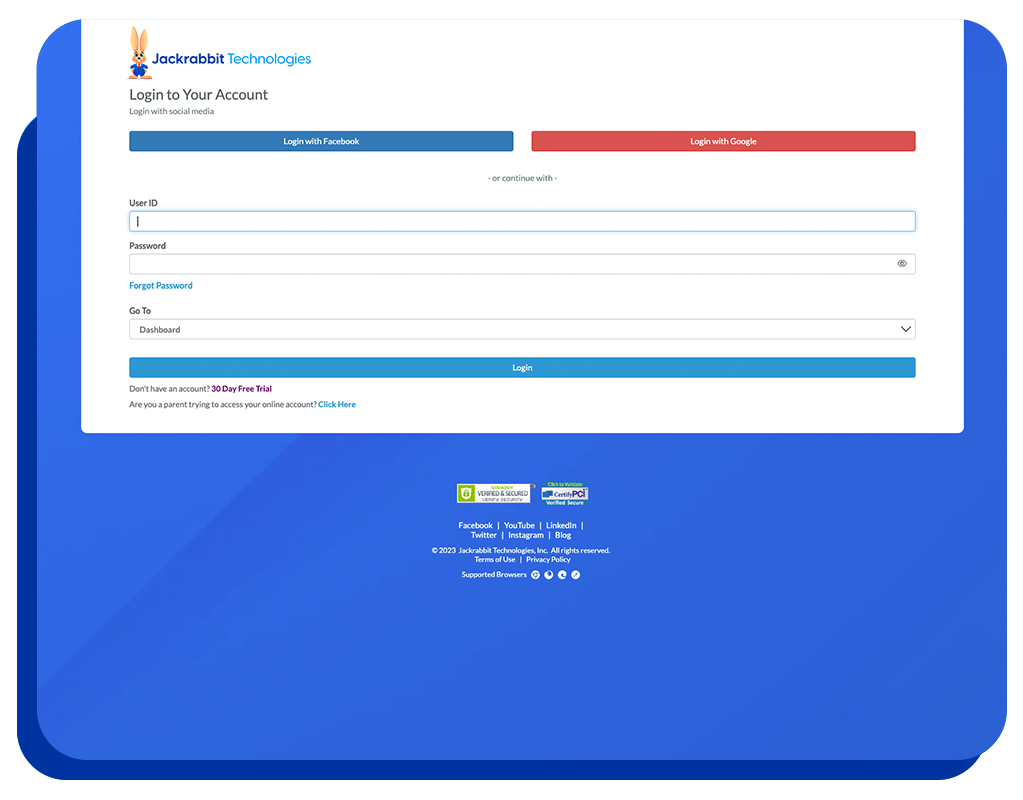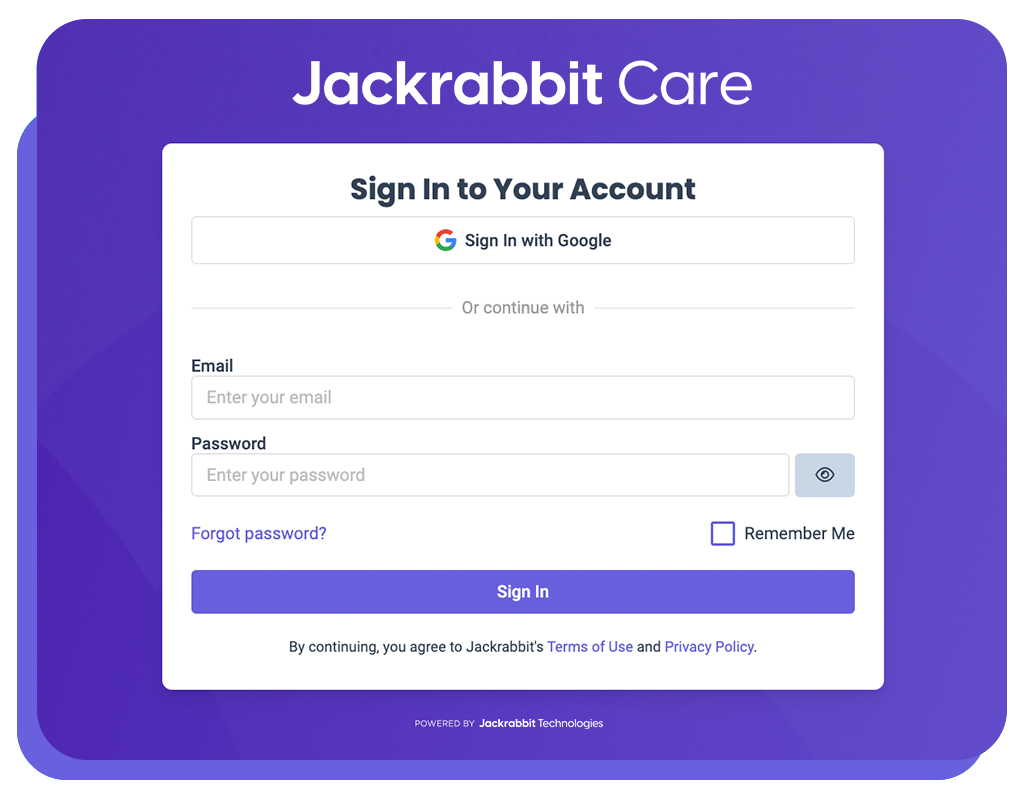The first impression that potential clients get of your child care center is when your front office staff answers the phone. If that thought makes you nervous, then you need to tighten up your front office phone etiquette so you’re not turning away new business or losing business which you already have.
Each of us has been on the receiving end of poor business phone etiquette and inadequate customer service and you KNOW that you don’t want that type of experience to be SOP for your front office.
The image here of the lady on the phone may go back a few years, but it correlates to phone etiquette because sometimes we just need to remember the manners that our mothers and grandmothers taught us. Good old fashioned manners can be critical to making each call a pleasant experience. Make sure your staff knows “how” to greet and treat people on the phone. Good phone etiquette – such as being prompt and limiting interruptions – also falls in the manners category, so clearly articulate these “rules” in your guidelines.
Everyone who is designated to answer the phone should be trained on – and familiar with – these basics guidelines:
1. Answer the phone by the third ring with a pleasant and cheerful greeting. Sound happy to be there for them, calm and confident, regardless of how chaotic the office may be.
2. Clearly identify yourself and the child care center by name and offer to help them.
3. Show interest in the caller and their children and build rapport with them. Ask questions so that you gather the necessary information to clearly pass the need or inquiry along to others. Use names of both parents and children in your conversation. Be engaged in the call and the details conveyed.
4. Be alert to specific needs. You may want to ask what they feel is important for their child and what their concerns may be. Be ready to take notes so that all important details are gathered. You should keep inquiry cards handy so one can be started as soon as you know that it is needed.
5. If you are alert to their needs, you will be able to match your programs up to their needs and share with the parents how the programs can meet the needs of their child.
6. Be empathetic to their needs and concerns. If you are talking to a potential new client, choosing a child care is a big decision, and they will want to know you understand how they feel and that you are committed to the care of the children at their center.
7. Be professional, communicating without using slang or business buzzwords that your caller may not understand. Remember that those in your office can also hear one side of the conversation so any poor examples of etiquette will be suffered on more than just your caller.
8. Don’t try to answer questions if you are unsure of the answers. It is better to research the question and call the person back promptly when you have the correct answer.
9. Be positive about your center and – if appropriate – share specific examples of your excellent teachers and the great things they do. Share how you are different than your competitors. This – of course – requires that you (and each person who answers the phone) knows your center’s advantages.
10. Close the call on a friendly note. Use their name when you thank them for calling. If you have made an appointment or have discussed a specific detail about something, this is a good time to confirm or reiterate it.
11. Follow up with what you committed to as quickly as possible.
12. During the call, be sure to listen. Don’t just talk. Jabbering on is unprofessional and doesn’t accomplish what they called about. You can learn a lot by what your caller says.
To help you be a better, more active and engaged listener, you should:
1. Have an open mind.
2. Be focused on the caller.
3. Summarize the caller’s thoughts and repeat them back to them to ensure accuracy.
4. Have a quiet inner voice.
5. Don’t think about what you’re going to say while you should be listening to what they are saying.
6. Give the caller your undivided attention. Don’t be distracted by other conversations in the office or your computer screen.
Putting guidelines such as these in place gives your front office staff (and all those answering phones) a standard operating procedure and will help them to make every call into your office a pleasant experience that helps each caller accomplish what they intended with the call. And you will see a boost in your client satisfaction and enable your center to make an even more positive impression on callers.















